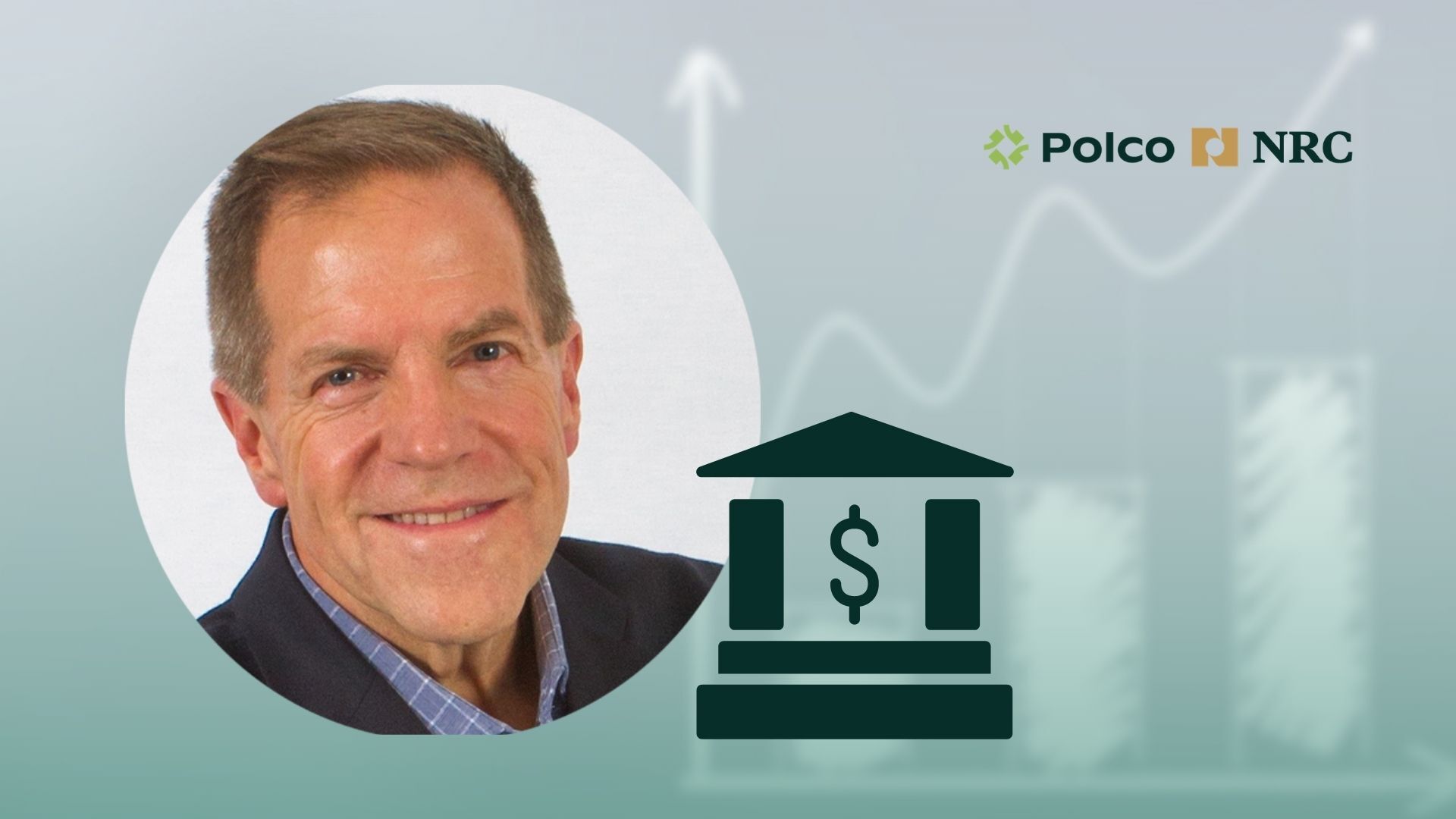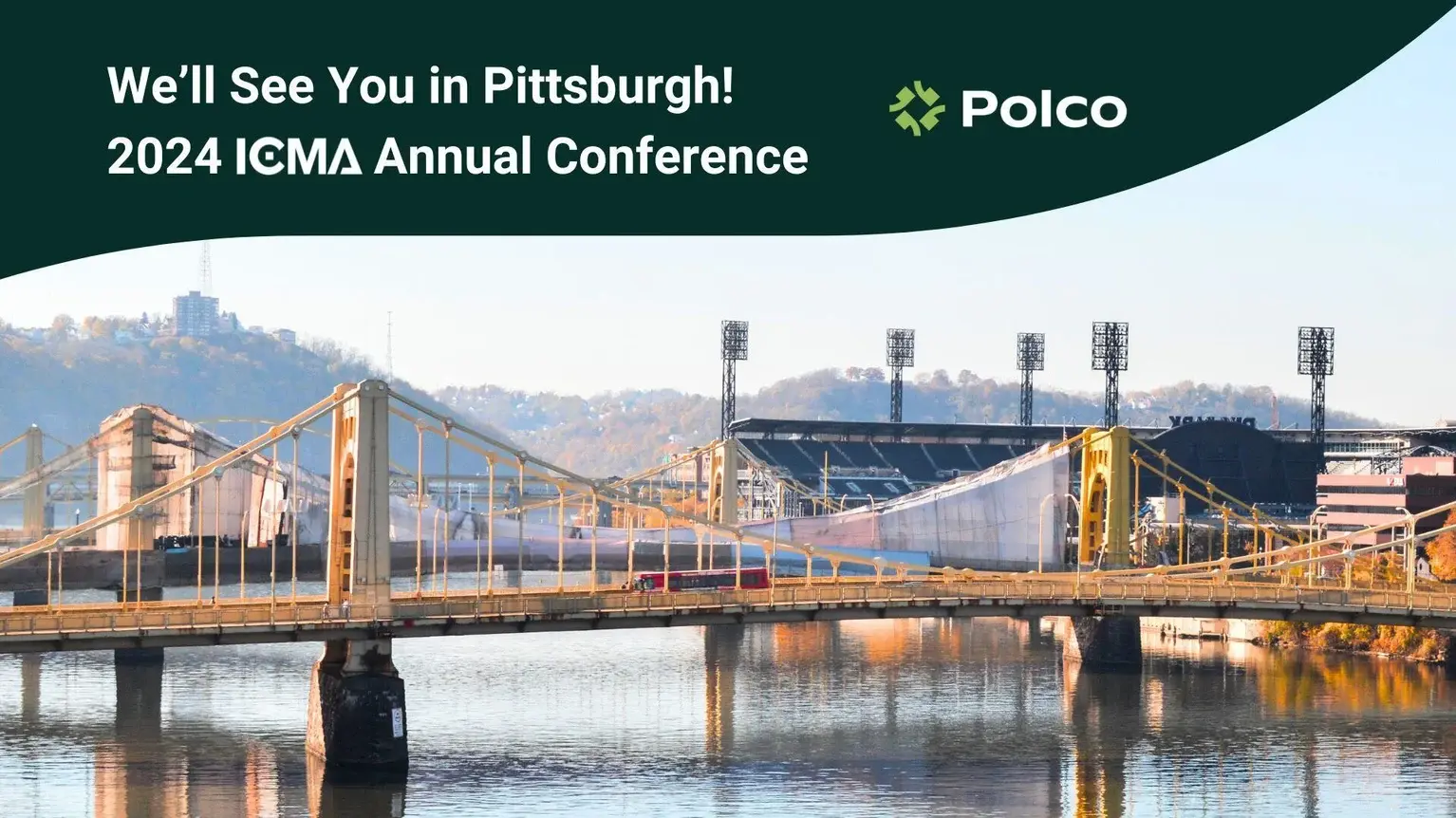Top Ten Ways To Optimize the Local Government Budget with Resident Input
By Polco on October 22, 2020

-By Julia Steege-Reimann-
A city budget that reflects community values is always important, especially as local governments plan for recovery from COVID-19 impacts. Leaders today have a special opportunity to empower resident voices and include them in moving forward. Sure, it’s easier said than done. Many are facing economic shortfalls and other challenges that certainly don’t help. But the most effective best practices and the right tools can give you the timely, accurate, actionable data you need to make the best local government budget decisions now.
Polco Vice President of National Engagement Matt Fulton has thirty years experience in city management. He believes community feedback can help local governments get ahead of COVID-19 recovery and budget for better success. In this webinar, he shares ideas for optimizing the local government budget using resident input.

Adopt engagement as an organizational value.
Don’t portray resident engagement as a project. If community engagement is an organization-wide value, people will understand it. You will have increased ownership in the work.
Plan the local government budget strategically.
A good strategic plan and local government budget can take time to develop and implement. They should have performance measures so you can track how well you are moving forward. Strategic planning should leave space for iterations and issues that come up throughout the year.
Residents, employees, and partner organizations should be involved in the development of the plan. Local government leaders should inform internal and external stakeholders about the plans consistently.
Currently in 2020, governments could consider using CARES Act funding for planning for COVID-19 recovery.
Scan the environment.
Many governments only look at quantitative data. Especially in this unique time, it is very important to also get qualitative information from locals. What are the values and expectations and changing dynamics in the community?
Be intentional in your communication.
Consider all your communication channels for connecting with residents. Take advantage of in-person and electronic channels.
Consider tools for helping you better understand who you are reaching and who you are not. For example, Polco’s online civic engagement platform is a real-time tool that helps you to build a following of respondents over time.
Within Polco’s dashboard, you can see how many people are responding over time. You can also track participation by demographic characteristics such as age, gender, and precinct. This helps you to know more about who you are engaging and who you might need to connect with in a more intentional way. This can help you hone your outreach strategy.
Collaborate within the community.
Businesses, non-profits, and neighborhood organizations are important partners. Reach out to them to get an idea of their expectations and values.
Collaborate with other governments.
One consequence of COVID-19 will be tight municipal finances. Local governments could form regional collaborations to ensure consistent service delivery to residents.
Understand your residents’ spending preferences.
Polco has a number of tools that can help local governments better understand residents’ spending preferences.
For example, The National Community Survey (The NCS) highlights both what community members view as priorities and the current quality of local services and programs. By comparing quality of services with resident priorities, cities can make more informed budgeting decisions.
The National Business Survey (The NBS) shows local governments how business-friendly the community is, from the local business owners’ point of view. Comparing this report with The NCS is a smart starting block to help boost the local economy.
The National Police Services Survey (The NPSS) identifies resident values related to police services. You can see how those priorities are broken out by race. By better understanding how priorities may be the same or different across racial lines, local governments can make better decisions for an equitable budget.
Understand service realignment opportunities.
Scientific community surveys provide targeted information for local governments to consider when realigning resources.
The Polco engagement platform can also be used to reallocate resources. For example, when Bloomington, Minnesota experienced significant revenue decreases as a result of COVID-19 impacts, the City turned to residents to help them decide how to best address the deficit. After asking residents what they would prefer, the council elected to close a community center through the end of the year. This saved the City about $390,000 that can be reallocated to other programs and services.
Demonstrate transparency and accountability.
Every time you communicate internally or externally is an opportunity to keep people informed. It’s also an opportunity to tell people how their survey responses informed the decisions about the local government budget.
Practice inclusivity.
Our communities are changing rapidly both demographically and culturally. Our workforce is growing more diverse. Consider how you welcome underrepresented and new voices to the community.
One tool that will help you reach more residents is Polco Live, coming soon. Polco Live will let you ask for resident input virtually during a live meeting. And, Polco Live will organize this data in real time. This will help more people participate and leaders to better understand the information.
In the end, all these best practices, tools and data - when used together - can lead to an effective local government budget that truly reflects the values of your unique community.
Popular posts
Sign-up for Updates
You May Also Like
These Related Stories

Top Eight Local Government Innovations As We Emerge From COVID-19

Why Trust Is the New Infrastructure for Local Government

